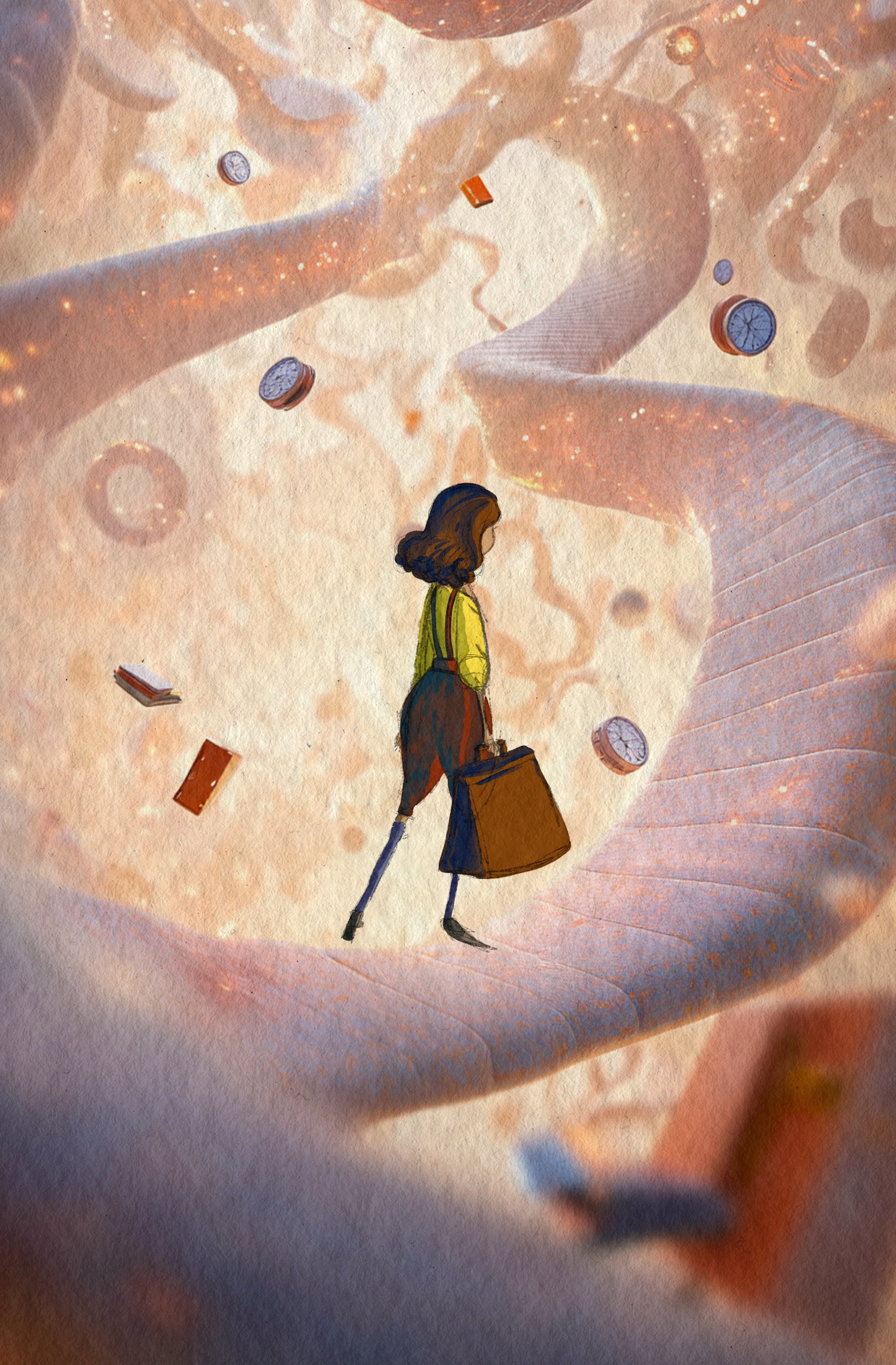Breaking Calabashes: Rediscovering the Potential of Wāhine Kaiwhakairo
Abstract
Wairaka chanted, ‘Kia Whakatāne au i ahau - Let me act like a man!’ as she picked up the hoe (paddle), saving the Mātaatua waka. It has been written that wāhine (woman) were not permitted to handle the hoe. However, Wairaka gained the courage and determination to save the lives of the Mātaatua waka. ‘Kia whakamataora ahau i ahau anō’ like Wairaka, many wāhine Māori have gained the courage to pick up the whao (chisel) determined to reclaim and reimagine the potential of wāhine carvers. This research explores wāhine kaiwhakairo - the pursuit of knowledge from an archetypal approach called ‘He wāhine wāwāhi tahā – a woman who breaks calabashes.’ I was led to believe that the art of whakairo (carving) is the domain of men. However, further research indicates that some Atua wāhine (female gods) and wāhine Māori either played a significant role in whakairo or carved. Wāhine Māori, who showed creative attributes and talent early, may not have had the opportunity to nurture that talent in whakairo. Colonial power imbalances and belief systems in Māori gender roles and society have disadvantaged some wāhine Māori from acquiring the knowledge of whakairo. There is a critical disparity in literature and low visibility of whakairo artworks by wāhine Māori within contemporary art spaces. The practice-led research seeks to activate discussion and reflection around the perspectives and experiences of wāhine carvers, despite the disparity within literature and gallery spaces. Wāhine carvers have started to deconstruct and critique the colonial lens that disadvantages them by breaking down barriers and claiming space to enhance the potential and increase the visibility of wāhine kaiwhakairo.
Downloads
Metrics
Copyright (c) 2022 Zena Elliot
Article text:

This work is licensed under a Creative Commons Attribution 4.0 International License.
Photos:
The images in Rangahau Aranga are not covered by the Creative Commons license and are subject to copyright. Permission to reproduce this material must be sought from the copyright holder concerned.






